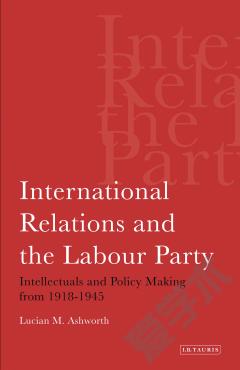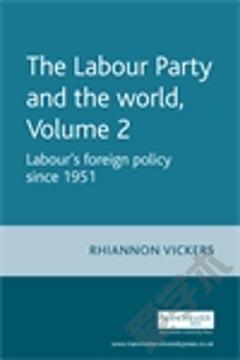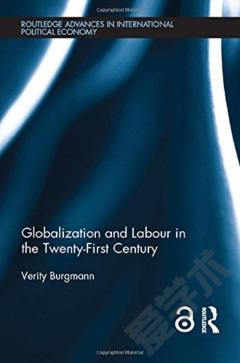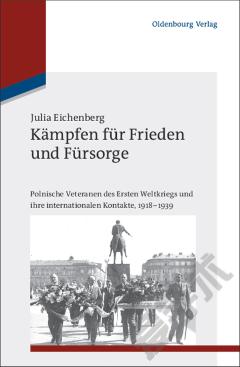International Relations and the Labour Party —— Intellectuals and Policy Making from 1918-1945
----- 国际关系和工党:知识分子和政策制定1918 - 1945
TABLE OF CONTENTS Chapter 1: Inter-War International Relations and the Rise of the Labour Party The problem with idealism Labour's great transformation. The Party in 1918 The Labour Party Advisory Committee on International Questions Chapter 2: Losing the Peace? 1918 to 1921 H. N. Brailsford Opposition to the peace treaties Criticisms of the League of Nations French imperialism and the renewal of the international anarchy The democratisation of foreign policy Pacifism and radical socialism. The splits in Labour over foreign policy The peace treaties as a continuation of the international anarchy Chapter 3: The League and the New Diplomacy. 1922-1931 Philip Noel Baker Labour as a party of government 1922-31 Making the League work. From 'reconstitution' to 'a League foreign policy' Disarmament, arbitration and sanctions The Second Labour Government and the 'Peace of Nations' Making the League work. Labour and the last chance for peace Chapter 4: Peaceful Change and the Rise of Fascism. 1931 to 1939 Norman Angell Does capitalism cause war? Labour in the wilderness: rearmament v. 'pacifism' and 'socialism' The rise of the dictators and the weakness of League security The National Government and appeasement Defending capitalism? The road to war Chapter 5: A Working Peace System? 1939 to 1945 David Mitrany Labour and the war years. Chamberlain's fall and the Churchill Coalition Peace without recriminations? Immediate war aims and the Party intellectuals The shape of the new order. Federal or functional proposals The Prospects for Allied unity Chapter 6: Conclusion. Labour and the Idealist Muddle in IR Leonard Woolf The role of Labour's inter-war international experts The Idealist muddle: Towards a better understanding of inter-war IR Socialists and liberals. The problems of a social democratic foreign policy
{{comment.content}}








 京公网安备 11010802027623号
京公网安备 11010802027623号